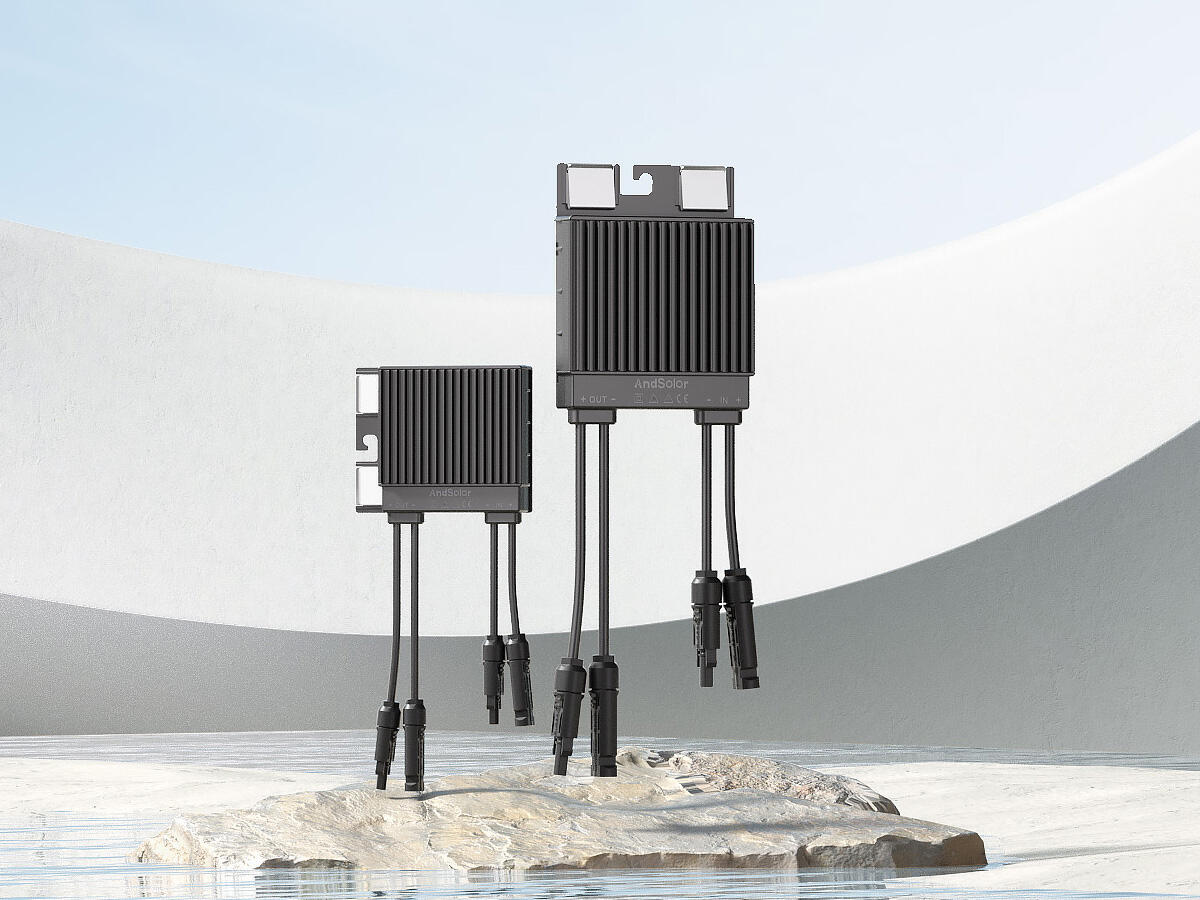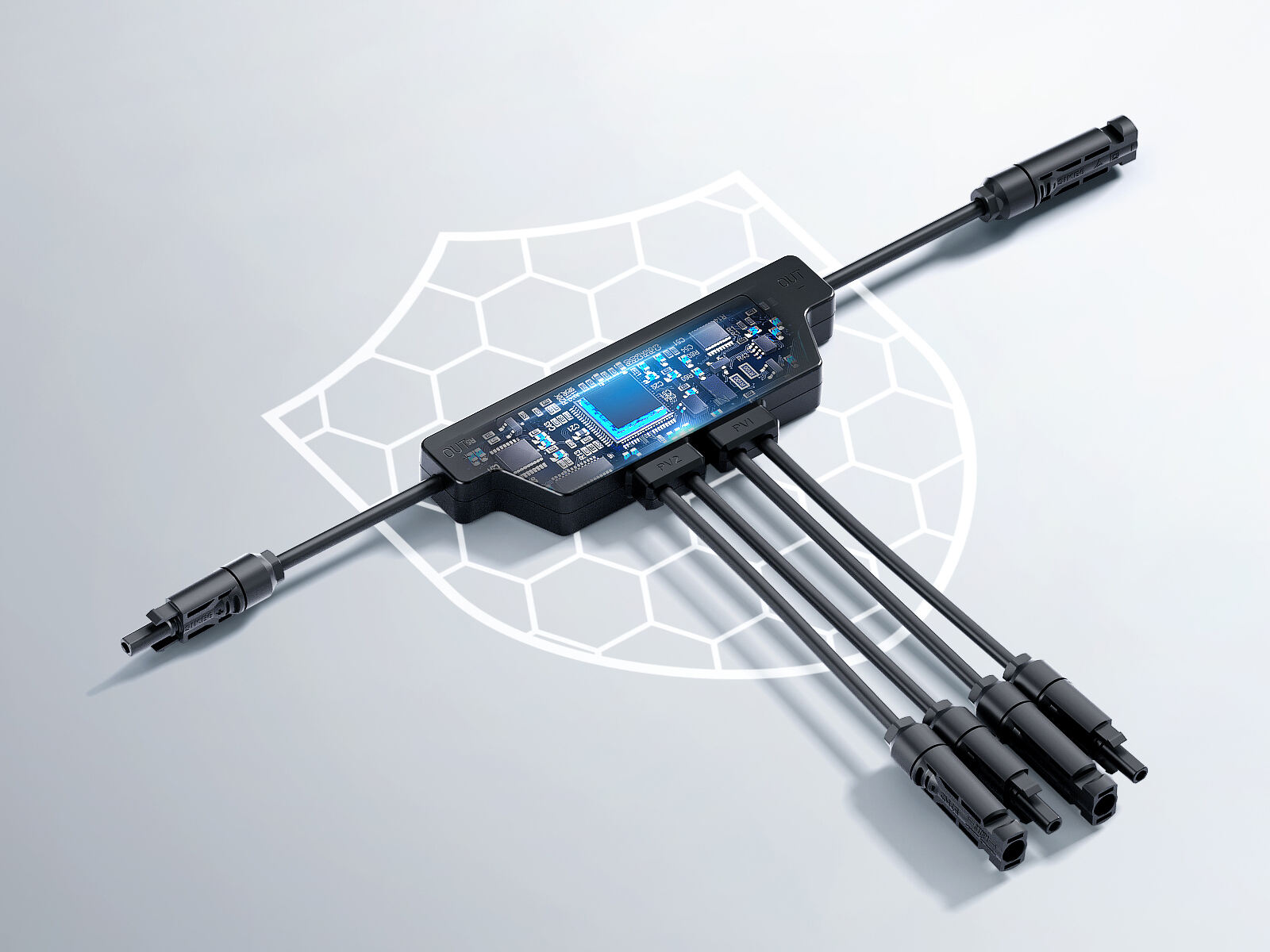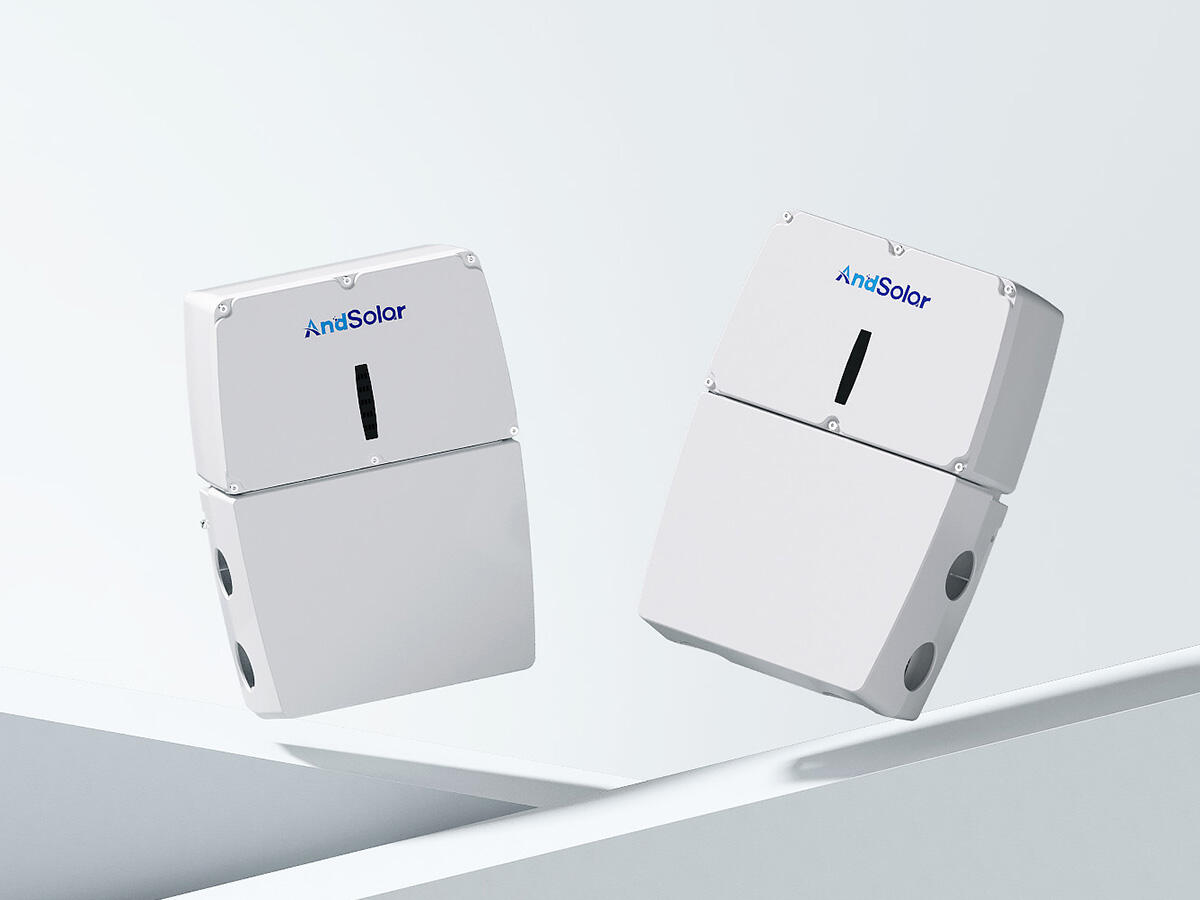solar pv
Solar PV, or solar photovoltaic, is a technology that converts sunlight directly into electricity using semiconductor materials. The main function of solar PV is to capture light energy and convert it into a flow of electrons, which can then be harnessed for power. Technological features of solar PV include the use of silicon cells, anti-reflective coatings, and inverters that convert DC to AC power. Solar PV systems are modular, allowing for scalability depending on energy needs, and come in various forms such as rooftop panels or ground-mounted solar farms. Applications of solar PV are widespread, ranging from residential and commercial electricity generation to the charging of electric vehicles and the powering of remote off-grid locations.


